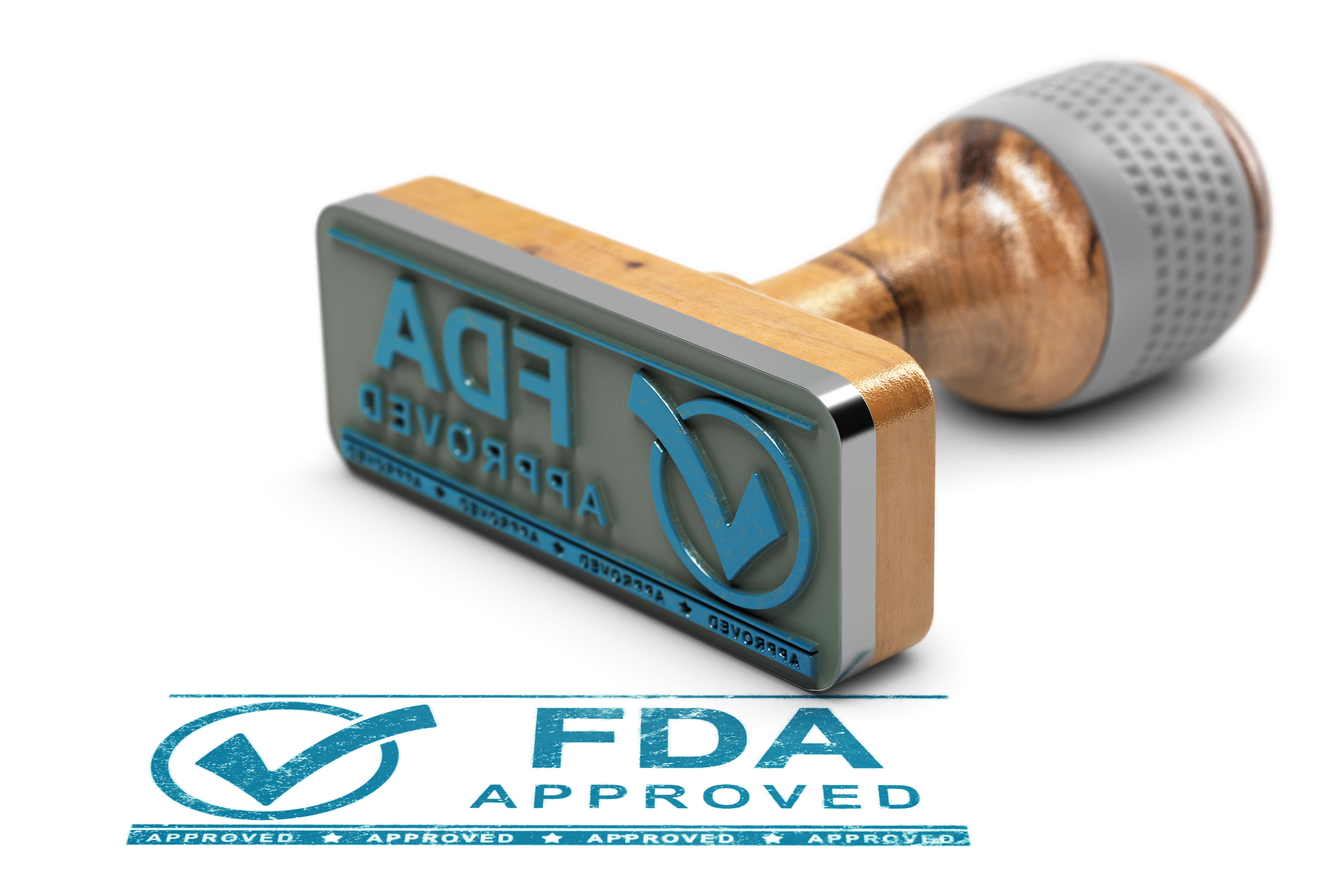- Center on Health Equity & Access
- Clinical
- Health Care Cost
- Health Care Delivery
- Insurance
- Policy
- Technology
- Value-Based Care
FDA Approves Roflumilast for Patients 6 Years and Older With Atopic Dermatitis
Today, the FDA approved roflumilast cream 0.15% (Zorvye; Arcutis Biotherapeutics) for the treatment of mild to moderate atopic dermatitis in patients 6 years and older.
The FDA has approved roflumilast cream 0.15% (Zorvye; Arcutis Biotherapeutics) for the treatment of mild to moderate atopic dermatitis (AD) in patients aged 6 years and older.1
Roflumilast cream 0.15% is a selective, highly potent phosphodiesterase 4 (PDE4) inhibitor used as a once-daily, steroid-free topical treatment to provide rapid disease clearance and significant itch reduction for patients with AD starting at age 6. It is designed to be a long-term disease control treatment option.2
The approval was based on findings from the INTEGUMENT-1 (NCT04773587) and INTEGUMENT-2 (NCT04773600) studies, which were identical phase 3, parallel-group, double-blind, vehicle-controlled trials to evaluate the safety and efficacy of roflumilast cream 0.15% in this population. The FDA accepted Arcutis Biotherapeutics’ supplemental new drug application on December 2, 2023.3
"We want to increase the standard of care for atopic dermatitis, trying to get to consistent end points," Lawrence Eichenfield, MD, chief of pediatric and adolescent dermatology at Rady Children's Hospital and lead investigator of the INTEGUMENT-1 and INTEGUMENT-2 studies, told The American Journal of Managed Care® (AJMC®). "What I tell my patients and families is I want minimal rash, minimal itch, and minimal sleep disturbance. I think having a nonsteroid...that seems to be very tolerable and effective, can be helpful in regimens of care."
Arcutis Biotherapeutics is planning to make roflumilast cream 0.15% available to patients by the end of July.1 Previously, the FDA approved roflumilast cream 0.3% for topical treatment of plaque psoriasis in patients 6 years and older. It was also approved as roflumilast foam 0.3% for the treatment of seborrheic dermatitis in patients 9 years and older.
Today, the FDA approved roflumilast cream 0.15% (ZORVYE; Arcutis Biotherapeutics) for the treatment of mild to moderate atopic dermatitis (AD) in patients 6 years and older. | Image Credit: Olivier Le Moal - stock.adobe.com

The INTEGUMENT-1 and INTEGUMENT-2 studies involved 1337 patients with mild to moderate AD aged 6 years and older randomized to either roflumilast cream 0.15% (n = 884) or to vehicle cream (n = 453), applied once daily for 4 weeks.
Compared with 14.1% of the vehicle group, 31.3% of the roflumilast group achieved the primary end point of Validated Investigator Global Assessment-AD (vIGA-AD) success at week 4. As for the secondary end points, 41.4% of patients in the roflumilast group achieved clear or almost clear on vIGA-AD at week 4 compared with 21.4% of patients in the vehicle group (P < .0001).
Also, 42.7% of the roflumilast group achieved a 75% reduction in Eczema Area and Severity Index (EASI) score compared with 20.6% of the vehicle group (P < .0001). Similarly, 31.9% of patients in the roflumilast group with a baseline Worst Itch Numeric Rating Scale (WI-NRS) of 4 or greater achieved a 4-point itch reduction compared with 16.6% of the vehicle group (P < .0001); the researchers noted that itch improvement with roflumilast cream 0.15% was observed 24 hours following the first application (P < .0001).
These results were supplemented by the INTEGUMENT-OLE (NCT04804605) open-label study of 658 patients, where no new safety signals were observed during treatment durations of up to 56 weeks.4 At week 4, 130 patients (19.8%) who achieved a vIGA-AD score of clear (0) switched to proactive twice-weekly application. Overall, 61.5% and 66.2% of patients carried over from the roflumilast cream arm of the INTEGUMENT-1 or INTEGUMENT-2 studies demonstrated EASI-75 after 28 weeks and 56 weeks, respectively.
“In clinical practice, this drug can be used sort of acutely for eczema on a daily basis, for a few weeks at a time, to get it under control,” Eichenfield said. “It can be used long term as needed, or for patients who might have more persistent or frequently flaring eczema, as a long-term control twice a week method, still controlling a lot of the population in a way that seems very tolerable and safe.”
References
- FDA approves Arcutis’ ZORYVE® (roflumilast) cream 0.15% for the treatment of atopic dermatitis in adults and children down to 6 years of age. GlobeNewswire. July 9, 2024. Accessed July 9, 2024. https://www.globenewswire.com/en/news-release/2024/07/09/2910781/0/en/FDA-Approves-Arcutis-ZORYVE-roflumilast-Cream-0-15-for-the-Treatment-of-Atopic-Dermatitis-in-Adults-and-Children-Down-to-6-Years-of-Age.html
- Eichenfield L, Boguniewicz M, Simpson E, et al. Once-daily roflumilast CREAM 0.15% for atopic dermatits: pooled results from INTEGUMENT-1/2 phase 3 trials. Annal Allergy Asthma Immunol. 2023;131(5):S91-S91. doi:10.1016/j.anai.2023.08.273
- FDA accepts supplemental NDA for roflumilast 0.15% cream for AD in adults, children as young as six. Dermatology Education Foundation. December 2, 2023. Accessed July 3, 2024. https://dermnppa.org/fda-accepts-supplemental-nda-for-roflumilast-0-15-cream-for-ad-in-adults-children-as-young-as-six/
- Arcutis announces positive long-term results of roflumilast cream 0.15% for AD. Dermatology Times®. September 7, 2023. Accessed July 3, 2024. https://www.dermatologytimes.com/view/arcutis-announces-positive-long-term-results-of-roflumilast-cream-0-15-for-ad
Knowledge Gaps Persist in Patient Understanding of Skin Cancer–Related Terms
January 13th 2026On average, patients with multiple prior dermatology visits still scored below 75% when identifying common skin cancer terms, underscoring the need for clearer patient-physician communication.
Read More
